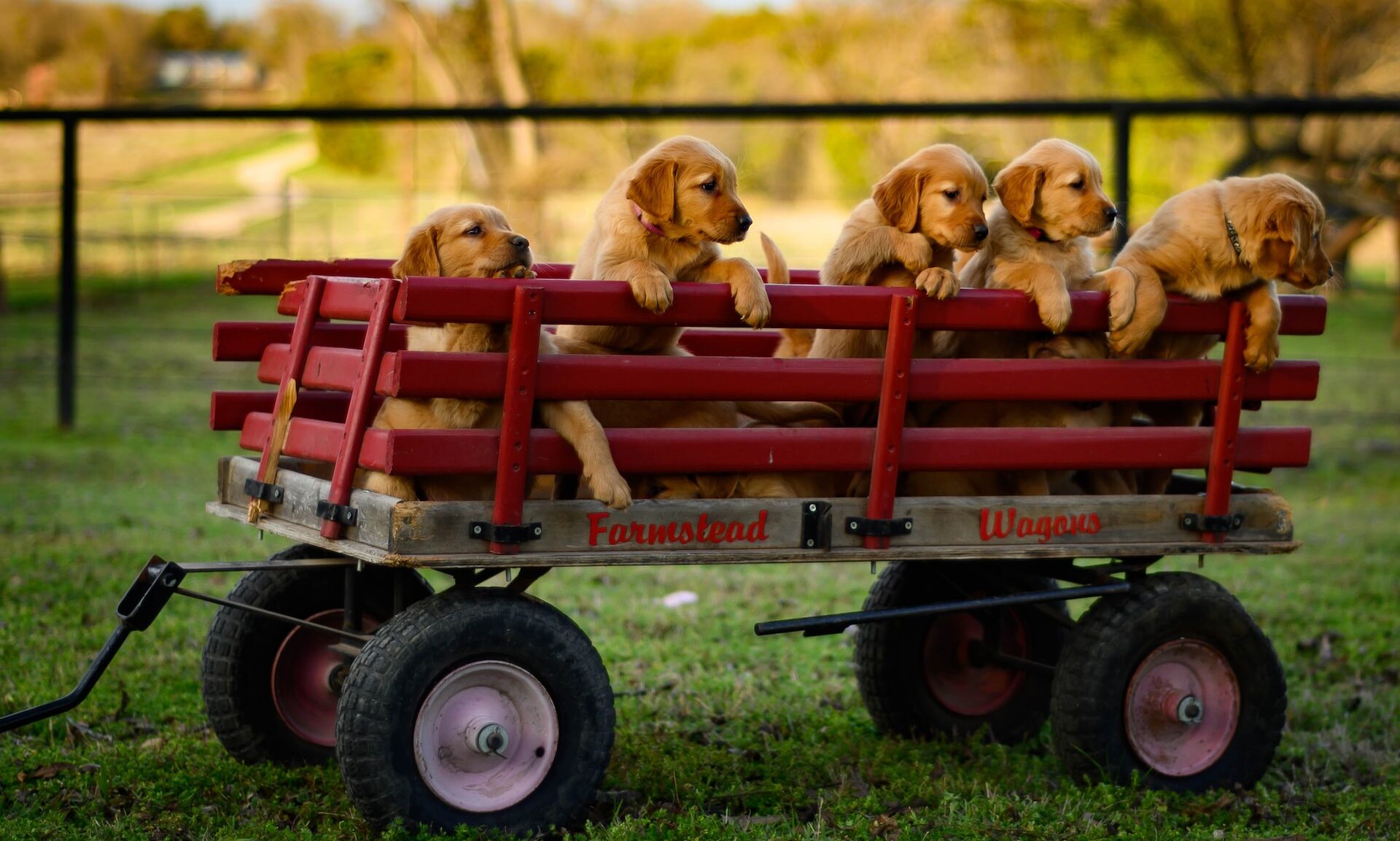Start with Basic Obedience Commands
Training your puppy to obey basic commands such as "sit," "stay," "come," and "heel" is crucial for building a foundation for their future training. Start with one command at a time and use positive reinforcement techniques such as treats, praise, and petting to encourage your puppy to obey.
Potty Training
Potty training your puppy is one of the most important things you will teach them. Establish a consistent routine for taking your puppy outside to go potty, and reward them with praise and treats when they go in the appropriate place. Be patient, and remember accidents will happen.
Socialization
So…

